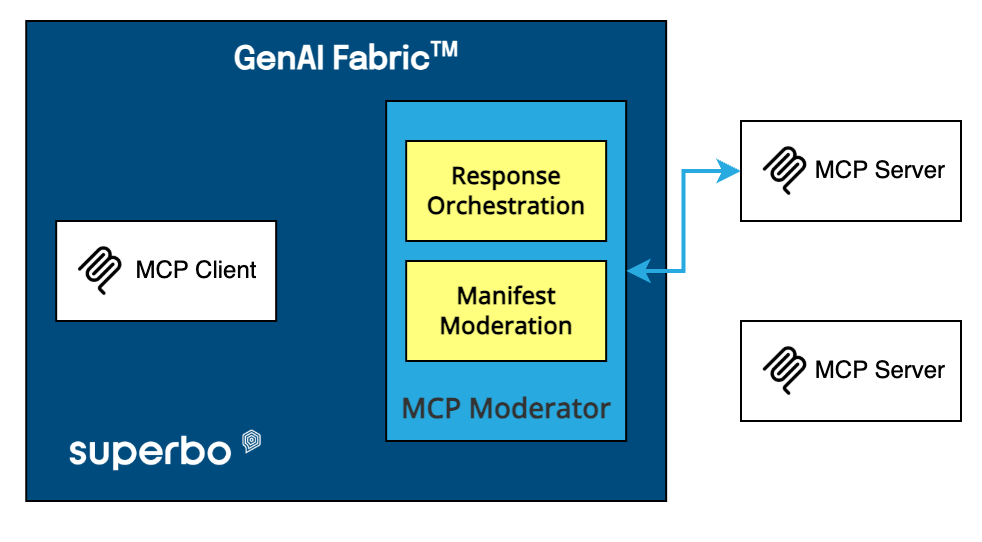2025's AI Revolution: Mind-Blowing Advances You Need to Know
As we look toward 2025, the landscape of AI is poised for transformative advancements. Key breakthroughs have been mentioned by industry stakeholders like Eric Schmidt, Mustafa Suleyman and others. These include: large context windows, memory capabilities, AI agents, and “text to action” functionalities promise to redefine the possibilities of generative AI systems. Each of these advancements is significant on its own, but their combined impact will be nothing short of revolutionary.
1. Large Context Windows
At present, large language models (LLMs) are constrained by limited context windows, often only processing a few thousand tokens at a time. This limitation means models struggle with tasks requiring a deep understanding of long sequences, such as analyzing entire books or maintaining continuity across extensive dialogues. The result is inefficiency, with models frequently “forgetting” crucial information from earlier in the conversation.
By 2025, large context windows are set to make a significant leap forward. Innovations like “infinite attention” will enable models to handle far greater amounts of data, summarizing and prioritizing essential information to maintain coherence without being overwhelmed. For example, an AI system could analyze an entire book, remember key themes and arguments, and still refer back to specific chapters as needed, similar to how a human would keep track of important details. This advancement will be invaluable for applications in research, content generation, and educational tools.
Extended context windows will also improve chain-of-thought reasoning, allowing AI to perform multi-step logical processes more effectively. Imagine an AI capable of guiding you through a thousand-step recipe, troubleshooting complex technical issues, or engaging in a long-term research project. These capabilities will open new possibilities in fields like healthcare, where patient history tracking is crucial, and software development, where a holistic understanding of a project can lead to more efficient solutions. As these innovations become widely implemented, they will set new standards for AI-driven services, offering a level of continuity and understanding that feels genuinely human-like.
2. Memory Capabilities
Today’s generative AI models have limited memory, affecting their ability to recall past interactions. This makes conversations feel disjointed, as models often fail to remember user preferences, discussions, or specific details from earlier exchanges.
In 2025, AI memory capabilities will undergo a transformative shift. Future models will incorporate permanent memory, maintaining a persistent and evolving understanding of past interactions. This will allow generative AI to remember user preferences, recall prior discussions, and maintain context across multiple sessions, making interactions more cohesive and intuitive. With robust memory, AI can provide personalized experiences, track evolving interests, and suggest follow-up actions, creating a more engaging and efficient user experience.
This breakthrough will revolutionize applications like virtual assistants and personalized learning platforms. Imagine an AI that remembers your progress on a complex project or tracks your changing goals. Such a system could proactively offer recommendations and adapt its behavior to your needs, acting like a reliable, evolving partner in both personal and professional settings. The long-term memory capability will enhance productivity and make AI more valuable and indispensable.
3. AI Agents
Creating reliable and autonomous AI agents remains one of the most significant challenges in artificial intelligence today. Current limitations include difficulties in ensuring consistent and accurate decision-making, maintaining situational awareness, and enabling seamless collaboration between multiple agents. These agents can often struggle in unstructured or unpredictable environments, which hampers their effectiveness and reliability.
By 2025, advancements are expected to address these hurdles, leading to more robust and dependable AI agents. Researchers are focusing on enhancing agents’ ability to adapt and learn in real time, improve their situational awareness, and collaborate more effectively with other AI systems. This means developing agents that can better manage uncertainty, handle complex scenarios without human intervention, and reliably complete multi-step processes. The improvements will enable AI agents to make more consistent and informed decisions, optimizing operations in areas like healthcare, logistics, and customer service.
At Superbo, we’re tackling these challenges head-on with our GenAI Fabric Agent framework. Our system enables the creation of sophisticated microassistants—AI agents designed to emulate human skills and work collaboratively in complex environments. Superbo GenAI Fabric already incorporates features like real-time learning and adaptive decision-making, addressing some of the reliability issues that the industry is aiming to solve by 2025. This positions our clients to benefit from cutting-edge, future-proof solutions that are ready to scale as AI agent technology evolves.
4. “Text to Action”
Today’s generative AI is adept at producing text but limited in executing actions based on complex, natural language commands. While some “text to action” functionality exists, it remains rudimentary, often requiring pre-defined scripts or significant human input to complete multi-step instructions
“Text to action” capabilities will transform generative AI from a passive text generator to an active participant in tasks. Imagine telling your AI assistant to draft an email, book a flight, analyze a dataset, or execute a series of tasks on your CRM, ERP or other Business Support System—all from a simple natural language command.
This capability would significantly expand the practical applications of AI, making it a true digital assistant capable of executing your will with precision and speed.
By 2025, we can anticipate generative AI systems that translate complex language prompts into actionable outputs. This will include creating software, automating workflows, and even collaborating with other AI systems to complete extensive projects. “Text to action” will leverage advancements in both natural language understanding and autonomous task execution to deliver unprecedented efficiency.
The Game Changer: Unified Impact of Breakthroughs
While each of these advancements is significant on its own, the true paradigm shift will come from their integration. Large context windows will provide the foundation for maintaining coherent, extended interactions. Enhanced memory will allow AI to learn and adapt over time, creating richer user experiences. Advanced AI agents will operate autonomously, handling complex tasks seamlessly. And “text to action” functionality will empower these agents to execute sophisticated commands in real-time.
Together, these innovations will transform generative AI into a highly capable, autonomous, and context-aware assistant, ready to revolutionize industries ranging from customer service to software development and beyond. 2025 is shaping up to be the year when AI moves from impressive to indispensable.







